Table of Contents
Introduction to Smoked Hickory
Smoked hickory is a hardwood used in smoking and grilling to impart a rich, smoky flavor to foods. It's a favorite among both amateur enthusiasts and professional chefs for its bold and versatile taste. This guide covers everything you need to know about using hickory wood effectively in your culinary creations.

The Flavor Profile of Smoked Hickory
Smoked hickory has a deep, smoky flavor that’s often described as bold, earthy, and slightly sweet. It adds a distinctive aroma and taste to meats, vegetables, and even desserts. The smoke from hickory wood creates complex flavor compounds that elevate dishes beyond simple seasoning.
The unique characteristics come from how hickory burns and releases natural compounds. Whether smoking a brisket or infusing coffee, the results consistently deliver robust, savory notes that enhance food quality.
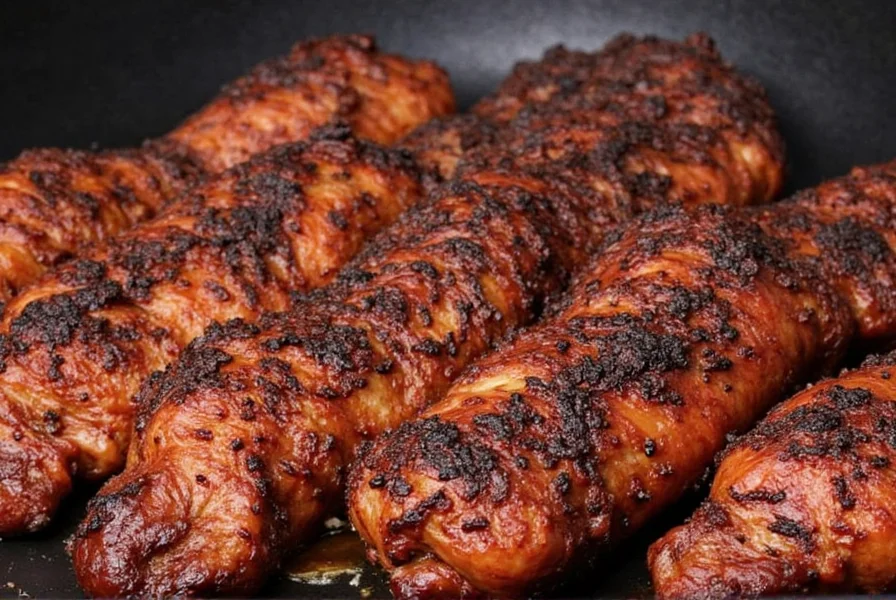
Practical Cooking Uses of Smoked Hickory
Smoked hickory is incredibly versatile in the kitchen. Here are common applications:
- Grilling: Add hickory chips or chunks to your grill for intense smoky flavor.
- Smoking: Use hickory wood in a smoker for ribs, pork, chicken, or other meats.
- Cooking sauces: Infuse hickory smoke into barbecue sauces or marinades for depth.
- Flavoring drinks: Creative chefs use hickory smoke to enhance cocktails or coffee.
Buying Guide for Smoked Hickory Products
If you're looking to bring the taste of smoked hickory into your kitchen, consider these products:
1. Hickory Wood Chips
Hickory wood chips are ideal for grilling and smoking. They burn slowly and produce consistent smoke. Choose high-quality chips free from chemicals and additives.
2. Hickory Smoked Salt
This salt is infused with hickory smoke essence and seasons meats, vegetables, or popcorn. It's perfect for adding smokiness without handling actual wood.
3. Hickory Smoked Butter
Smoked butter elevates bread, roasted vegetables, or cooking. The subtle hickory flavor adds richness to any dish.
4. Hickory Smoked Oil
Infused oils work in dressings, marinades, or drizzled over finished dishes. Hickory smoked oil brings a rich, smoky note that complements many ingredients.
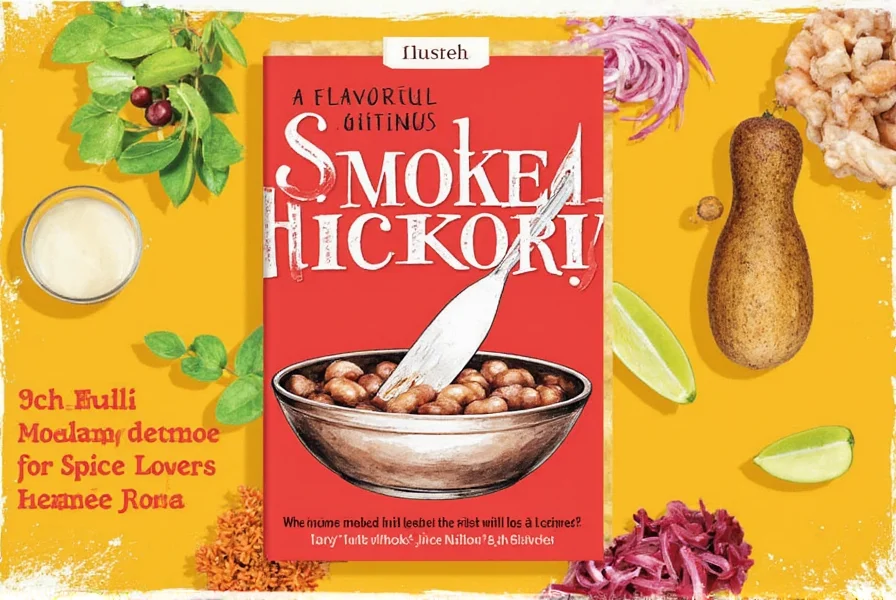
Top Tips for Using Smoked Hickory
Maximize your results with these practical tips:
- Use it sparingly: Hickory is strong; start small and adjust to taste.
- Pair it with complementary flavors: Works well with garlic, onion, or spicy ingredients.
- Experiment with different forms: Try chips, smoked salt, or infused oils for recipe-specific results.
- Store properly: Keep products in cool, dry places to maintain quality and flavor.
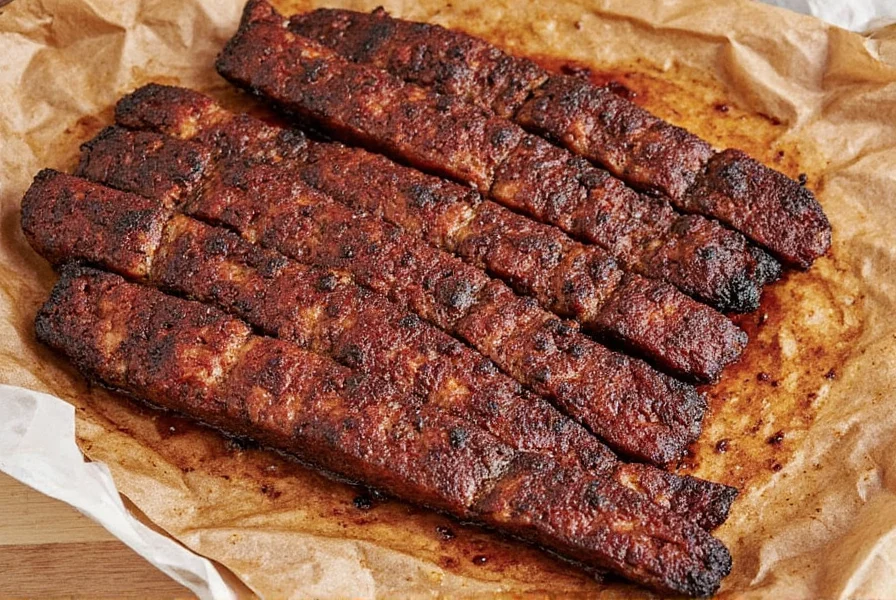
Comparing Smoked Hickory with Other Woods
| Wood Type | Flavor Profile | Best For |
|---|---|---|
| Hickory | Strong, smoky, slightly sweet | Meats, grilling, smoking |
| Apple | Mild, sweet, fruity | Poultry, fish, vegetables |
| Cherry | Sweet, slightly tart | Pork, beef, desserts |
| Maple | Sweet, nutty | Beef, bacon, breakfast items |

Conclusion
Smoked hickory is more than a flavor enhancer—it's a culinary experience. Whether you're a seasoned chef or home cook, incorporating hickory into recipes elevates dishes with its rich, smoky depth. From its versatile flavor profile to practical applications, it's a must-try for anyone passionate about grilling and smoking.
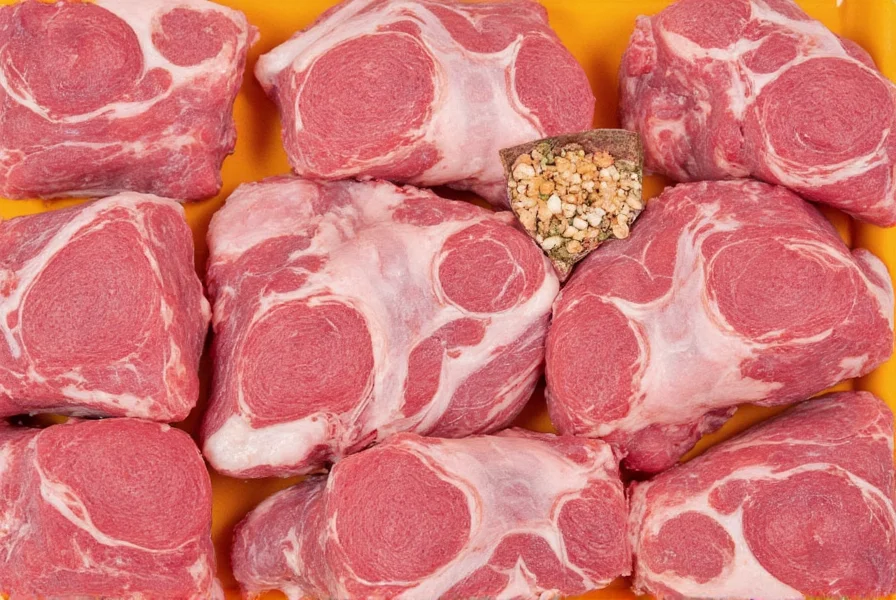
Frequently Asked Questions (FAQ)
What is the flavor profile of smoked hickory?
Smoked hickory delivers a bold, robust flavor that's deeply smoky with earthy undertones and a subtle sweetness. This complex profile works especially well with hearty dishes, providing a richer smoke intensity than milder woods like apple or cherry.
How do you use hickory wood chips in a gas grill?
Soak hickory chips in water for 30 minutes, then place them in a smoker box or aluminum foil pouch with punctured holes. Position the pouch directly over the heat source before adding food. Use 1-2 handfuls per session to avoid overpowering your dish with smoke.
Can smoked hickory be used for vegetarian dishes?
Absolutely. Hickory smoked salt elevates roasted vegetables, soups, and bean dishes, while hickory smoked oil works beautifully in vinaigrettes or drizzled over grilled portobello mushrooms. Its versatility extends beyond meats to enhance plant-based cooking.
How much smoked hickory should I use for smoking meats?
Start with small quantities—about 10-20% of your total wood mix for smoking. For wood chips, use one handful per hour in a charcoal grill. Remember that hickory's intensity builds over time; overuse can create bitter, acrid flavors. Always err on the side of caution and increase gradually.
What's the best way to store hickory wood products?
Keep wood chips in airtight containers away from moisture. Smoked salts, oils, and butters should be stored in cool, dark places—refrigerate smoked butter after opening. Proper storage preserves flavor integrity for up to 12 months for most products.

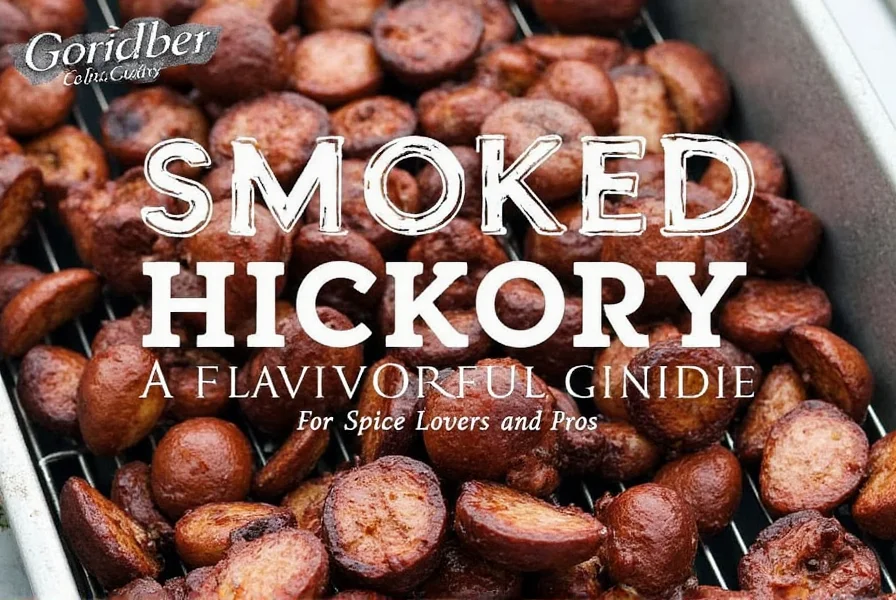









 浙公网安备
33010002000092号
浙公网安备
33010002000092号 浙B2-20120091-4
浙B2-20120091-4